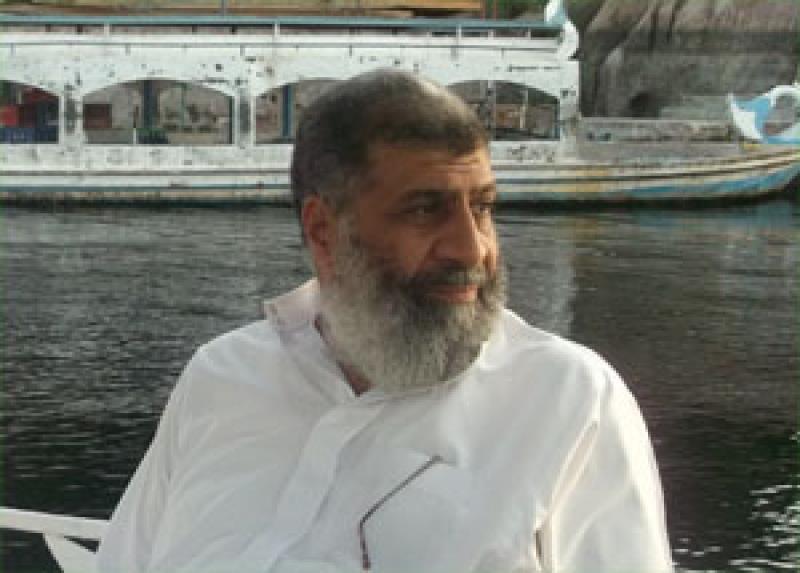The Conference on Nuclear Disarmament and Non-Proliferation in the Middle East began, on Wednesday, at the Arab League Headquarters in the Egyptian capital, Cairo.
The conference is taking place under the theme “Developments and Challenges on the Review of the Nuclear Non-Proliferation Treaty”.
Participants will attend the two-day conference, which is being chaired by Arab League Assistant Secretary-General Khaled Al-Habbas, either in person or online.
Also participating are representatives from member states and a group of regional and international organisations and bodies concerned with disarmament issues.
The conference will discuss developments in the international arena and the Comprehensive Nuclear Test Ban Treaty.
In his opening speech, Al-Habbas said that the conference comes as part of the great interest that the Arab League attaches to the issues of arms control and non-proliferation. It treats these two areas as a main pillar of Arab national security, and regional and international stability, he added.
Al-Habbas emphasised that the dangers of nuclear armament are a matter of concern to Arab countries.
This comes particularly in the absence of any international move towards implementing international resolutions calling for the implementation of the complete elimination of nuclear weapons.
He explained that the Middle East region is most in need of becoming a nuclear weapon-free zone.
“The Arab countries have sought, for more than forty years, to make the Middle East a region free of nuclear weapons and other weapons of mass destruction, through several initiatives they launched,” he said
Al-Habbas stressed, “The failure to achieve the universality of the treaty so far represents an obstacle that cannot be overlooked, because the principle of the treaty is that it provides non-nuclear countries with a security guarantee that their neighbours do not misuse nuclear technology for armaments.”
He added that this is a missing guarantee in the Middle East region, as long as Israel refuses to join the treaty. This also means that Israel’s nuclear facilities are not subjected to the comprehensive safeguards system of the International Atomic Energy Agency (IAEA).
“Israel’s accession to the NPT is imperative to start any confidence-building measures,” he said.
Al-Habbas noted that the Middle East is witnessing dangerous and rapid developments in the security and political situations that pose a threat to regional security.
He explained that Arab countries have real concerns based mainly on the ambiguous situation and uncertainty surrounding some nuclear facilities in the region, and the extent of their commitment to nuclear security and safety standards.
“It is necessary to refer to the Iranian nuclear programme, especially in light of what is going on around it these days and in light of the ambiguous and ambiguous nature of this programme and the destabilising role Iran plays in the region,” he said.
Al-Habbas pointed to the lack of necessary transparency regarding the consistency of the nuclear safety measures at Iran’s Bushehr reactor with the guiding standards of the IAEA in this field.
The Arab League reiterated the need for Iran to adhere to transparency and full cooperation with the IAEA. This will enhance confidence in the peaceful nature of Iran’s nuclear programme, and fulfil its obligations and responsibilities under the Nuclear Non-Proliferation Treaty (NPT).




